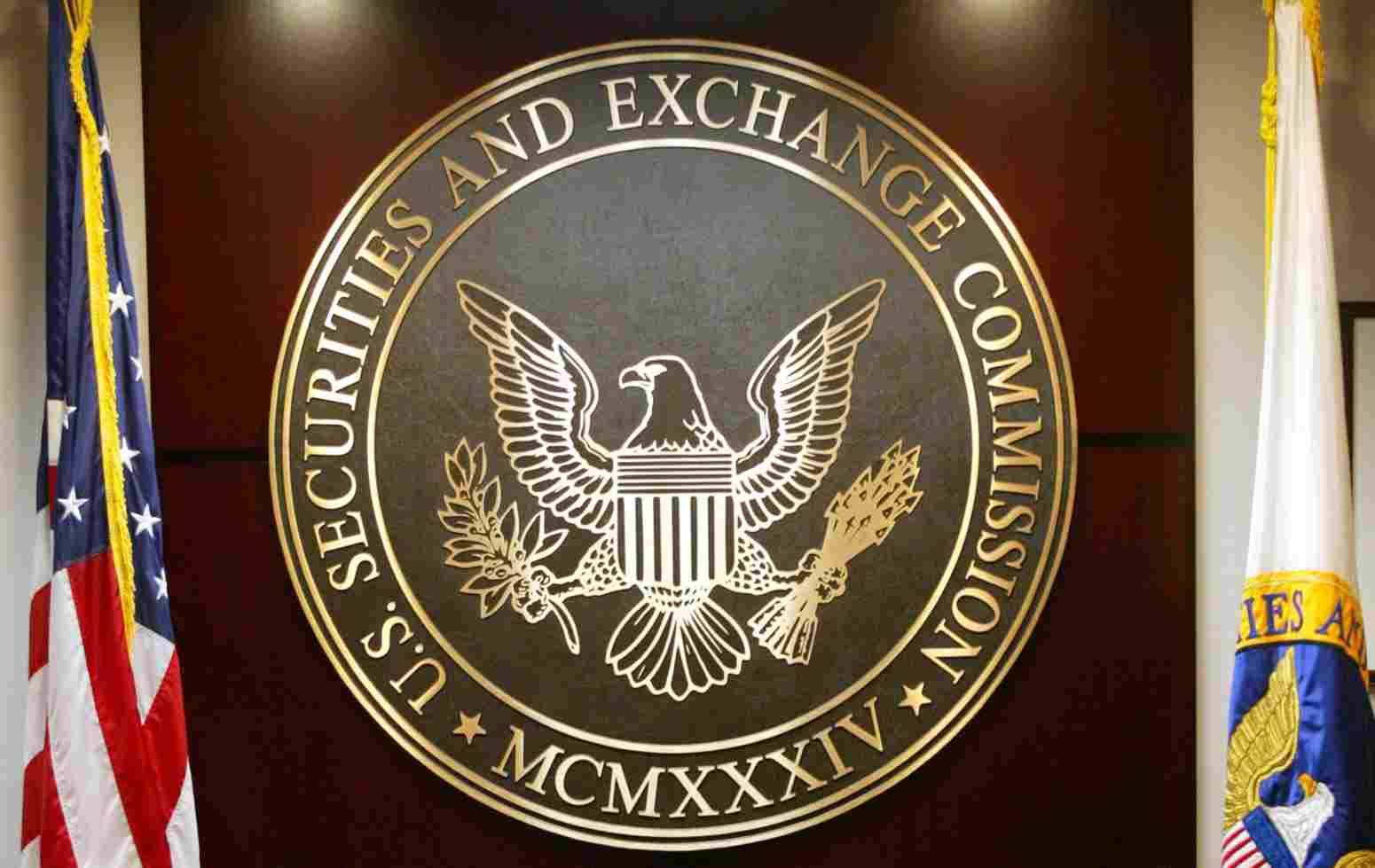Asset and wealth management companies continue to face fines for communication failures with clients under SEC regulations.
An administration described as rigorous by its own chair, Gary Gensler, announced on Monday that it has fined twelve companies for failing to maintain and preserve electronic communications.
The SEC’s statement listed the companies by the value of the fines they must pay as follows:
- Blackstone Alternative Credit Advisors LP, together with Blackstone Management Partners L.L.C. and Blackstone Real Estate Advisors L.P., agreed to pay a combined $12 million penalty;
- Kohlberg Kravis Roberts & Co. L.P. agreed to pay a $11 million penalty;
- Charles Schwab & Co., Inc. agreed to pay a $10 million penalty;
- Apollo Capital Management L.P. agreed to pay a $8.5 million penalty;
- Carlyle Investment Management L.L.C., together with Carlyle Global Credit Investment Management L.L.C., and AlpInvest Partners B.V., agreed to pay a combined $8.5 million penalty;
- TPG Capital Advisors LLC agreed to pay an $8.5 million penalty;
- Santander US Capital Markets LLC agreed to pay a $4 million penalty;
- PJT Partners LP, which self-reported, agreed to pay a $600,000 penalty.
“The firms admitted the facts established in the SEC’s respective orders, acknowledged that their conduct violated the recordkeeping provisions of federal securities laws, agreed to pay combined civil penalties totaling $63.1 million as outlined below, and have begun implementing improvements to their compliance policies and procedures to address these violations,” the regulator’s statement said.
Each of the SEC’s investigations uncovered the use of unauthorized communication methods, referred to as off-channel communications, at these firms, the statement added.
As detailed in the SEC’s orders, the firms admitted that, during the relevant periods, their personnel sent and received communications through unofficial channels that were required records under securities laws. The violations involved staff at various levels of authority, including supervisors and senior executives.
The firms were accused of violating certain recordkeeping provisions of the Investment Advisers Act or the Securities Exchange Act. They were also charged with failing to reasonably supervise their staff to prevent and detect these violations.
In addition to the significant financial penalties, each firm was ordered to cease and desist from future violations of the relevant recordkeeping provisions and was censured.



